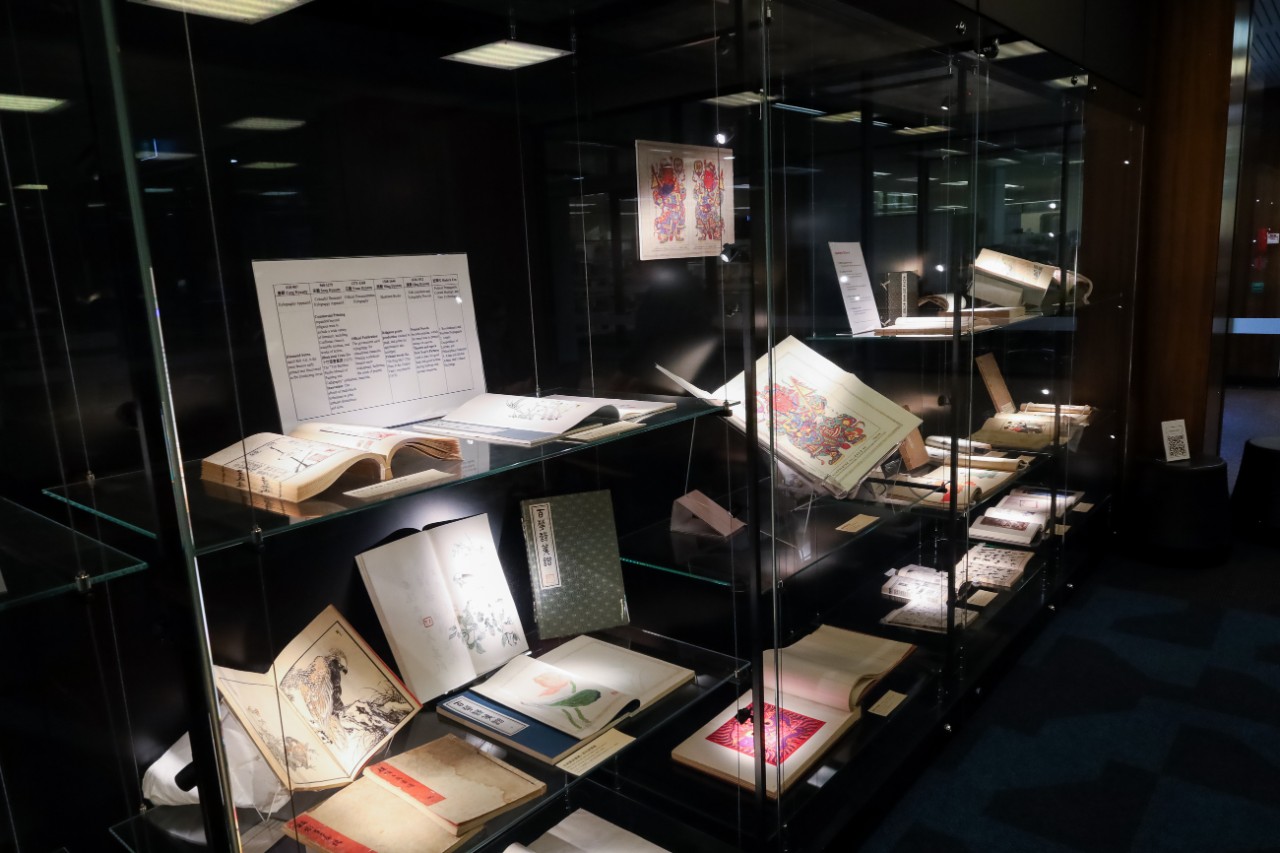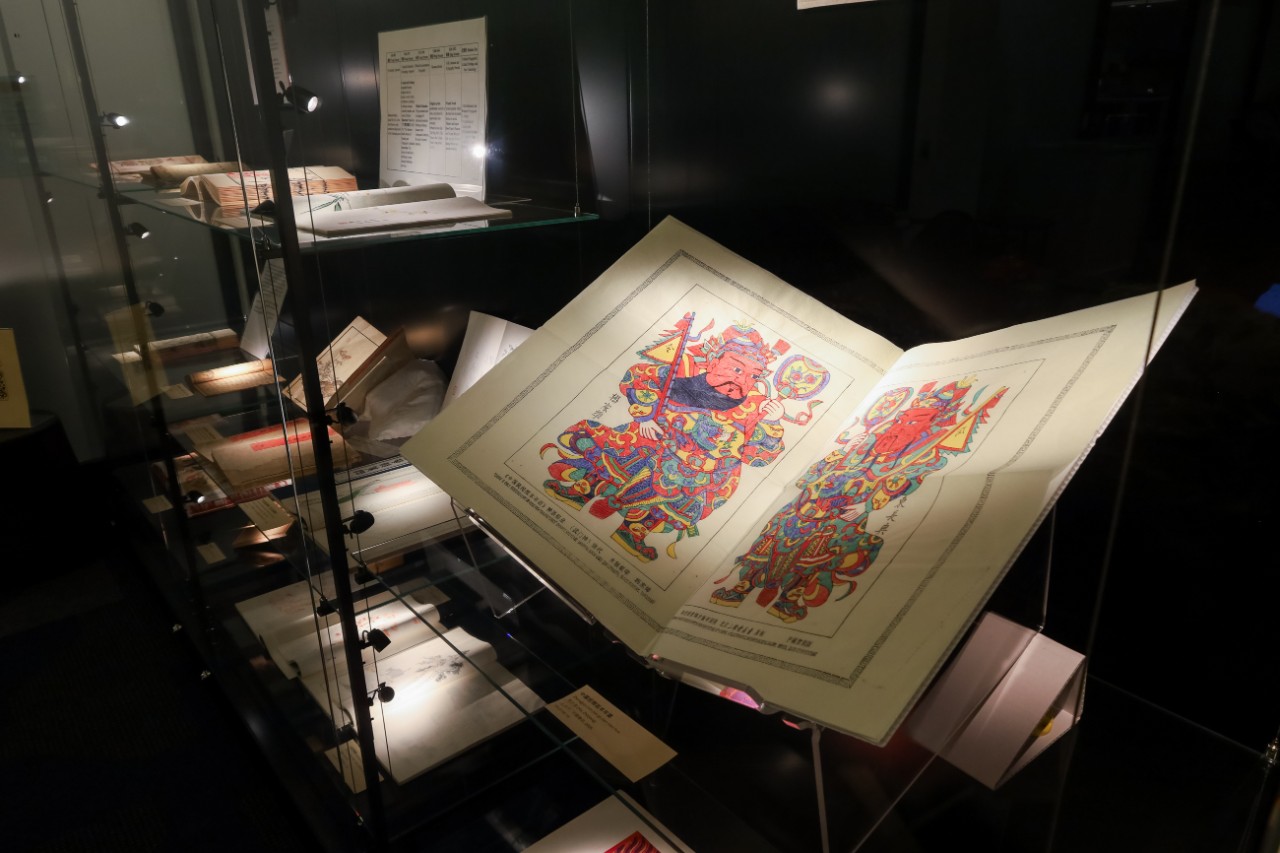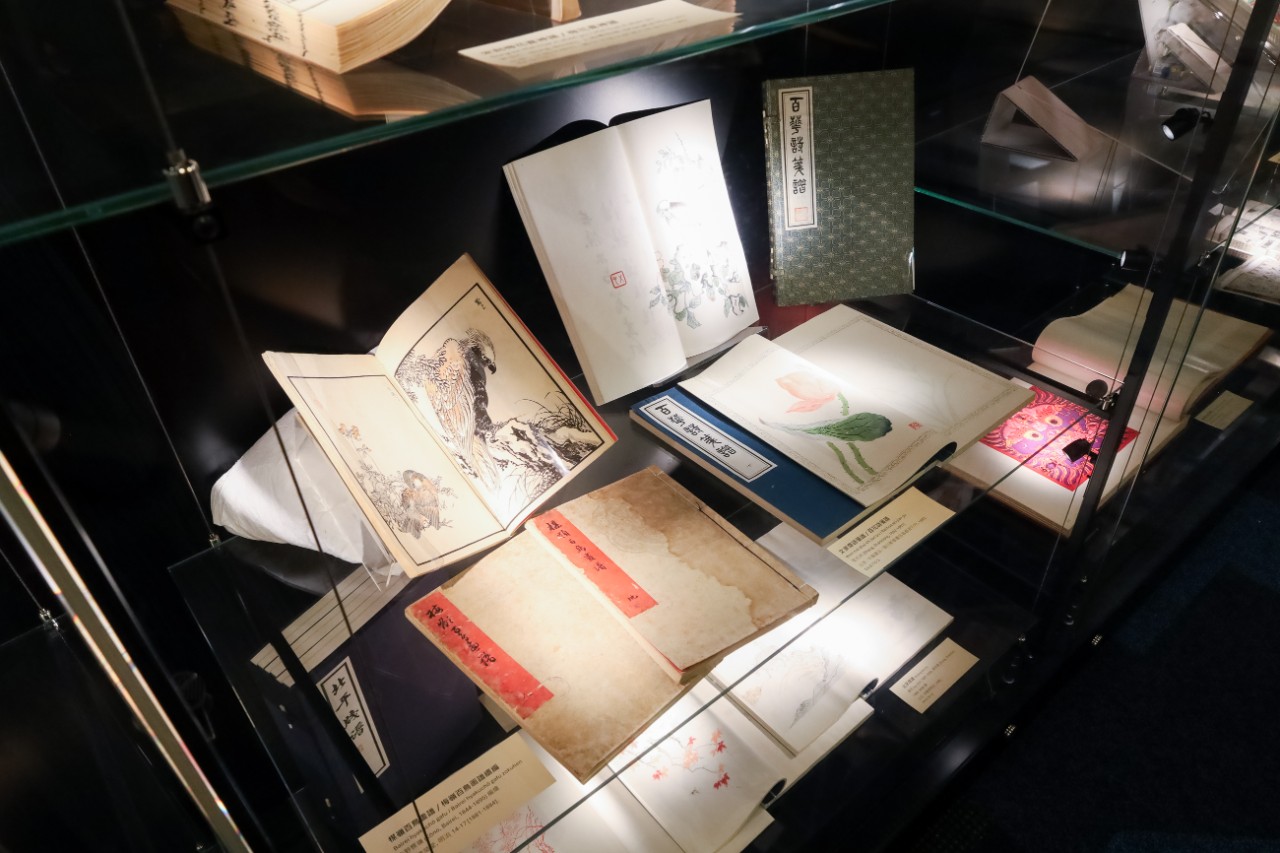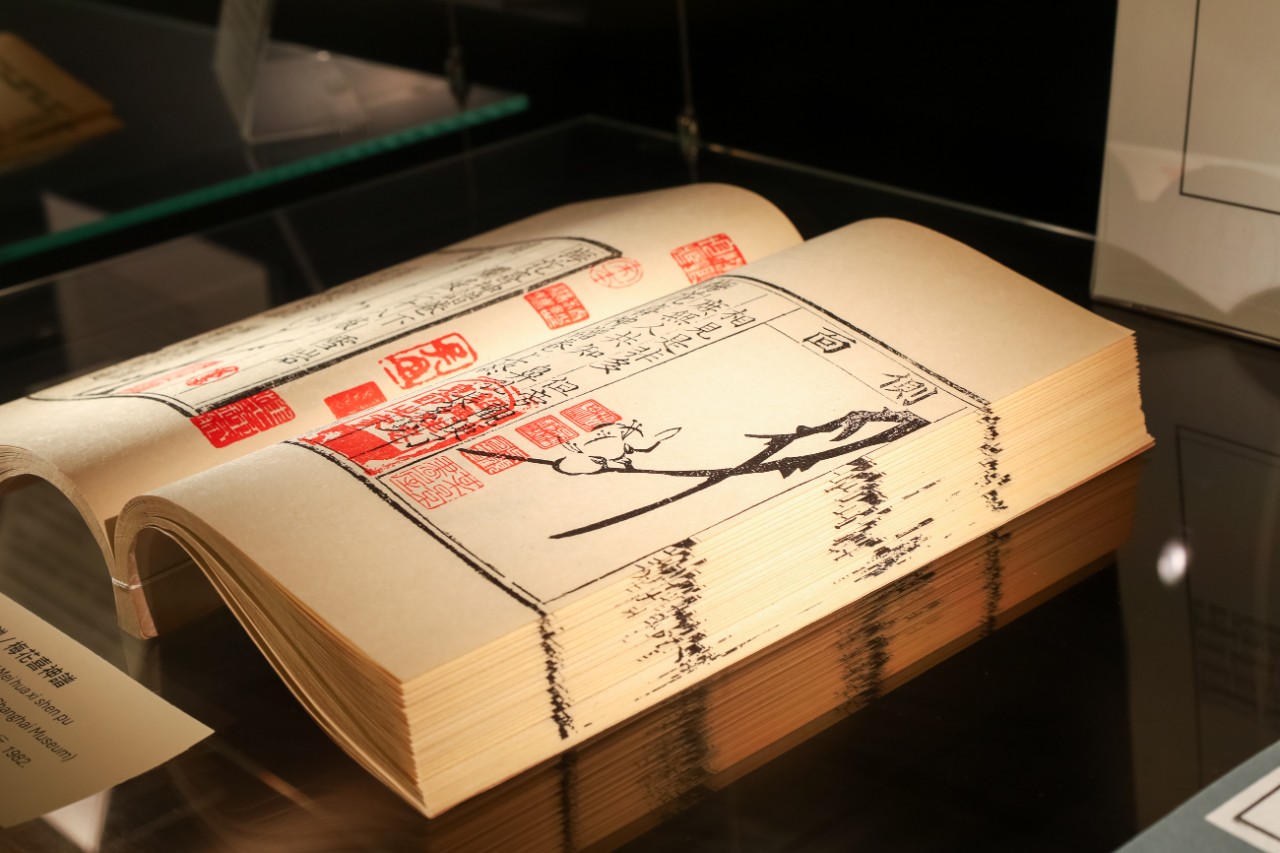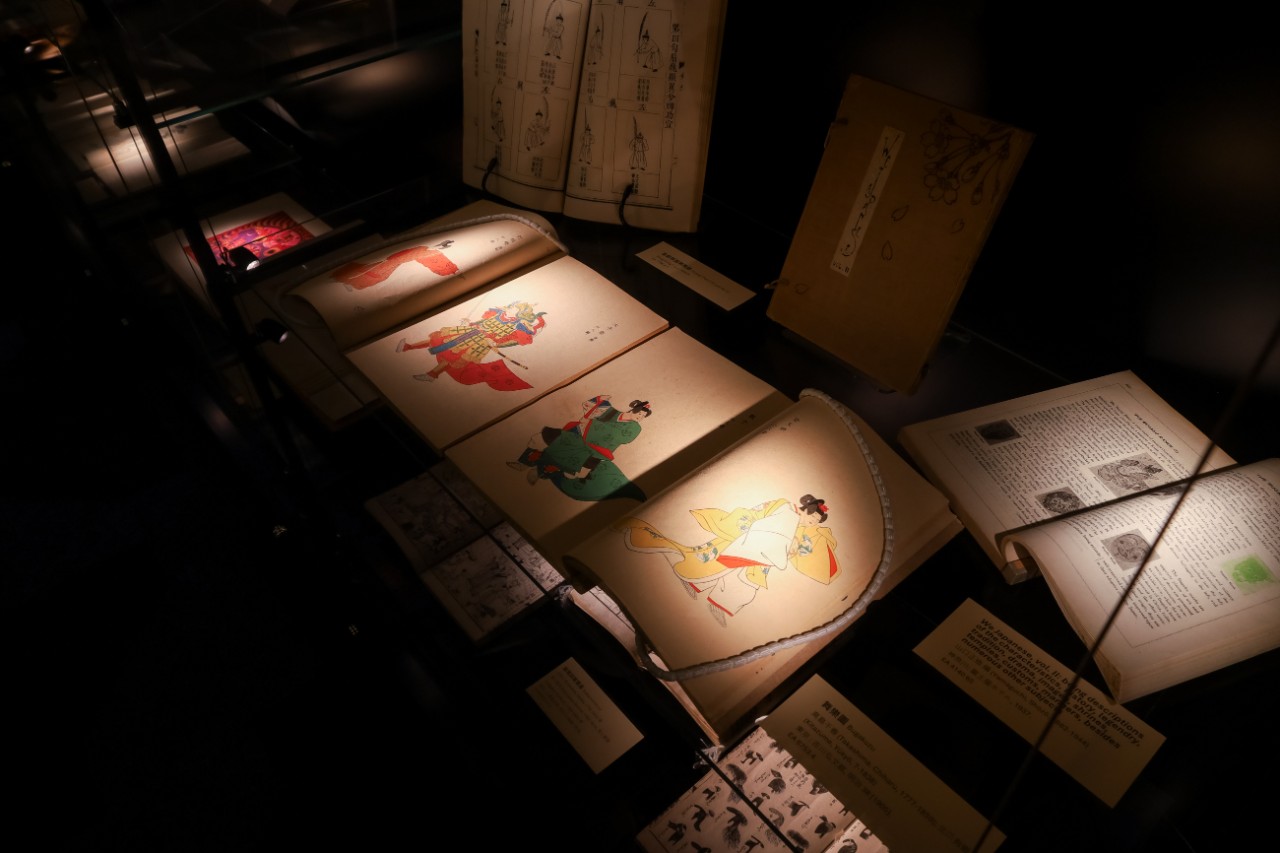Always was, always will be Aboriginal land.
The University of Sydney Library acknowledges that our buildings, collections, and practices exist on unceded Aboriginal lands. We recognise the diversity and knowledges of the Aboriginal and Torres Strait Islander staff and students across all the lands the University stands on, and respect the ongoing connection Aboriginal people have to these lands, their cultural practices, knowledge systems and histories. We pay our respects to their Elders, past and present, who have handed down custodianship to each generation for more than 60,000 years.
Money, J. (2021). Yilabara (Now). Filmed on Gadigal Country. Commissioned by the University of Sydney Library
'Carved Worlds, Engraved in Minds: East Asian Woodblock Prints' exhibition
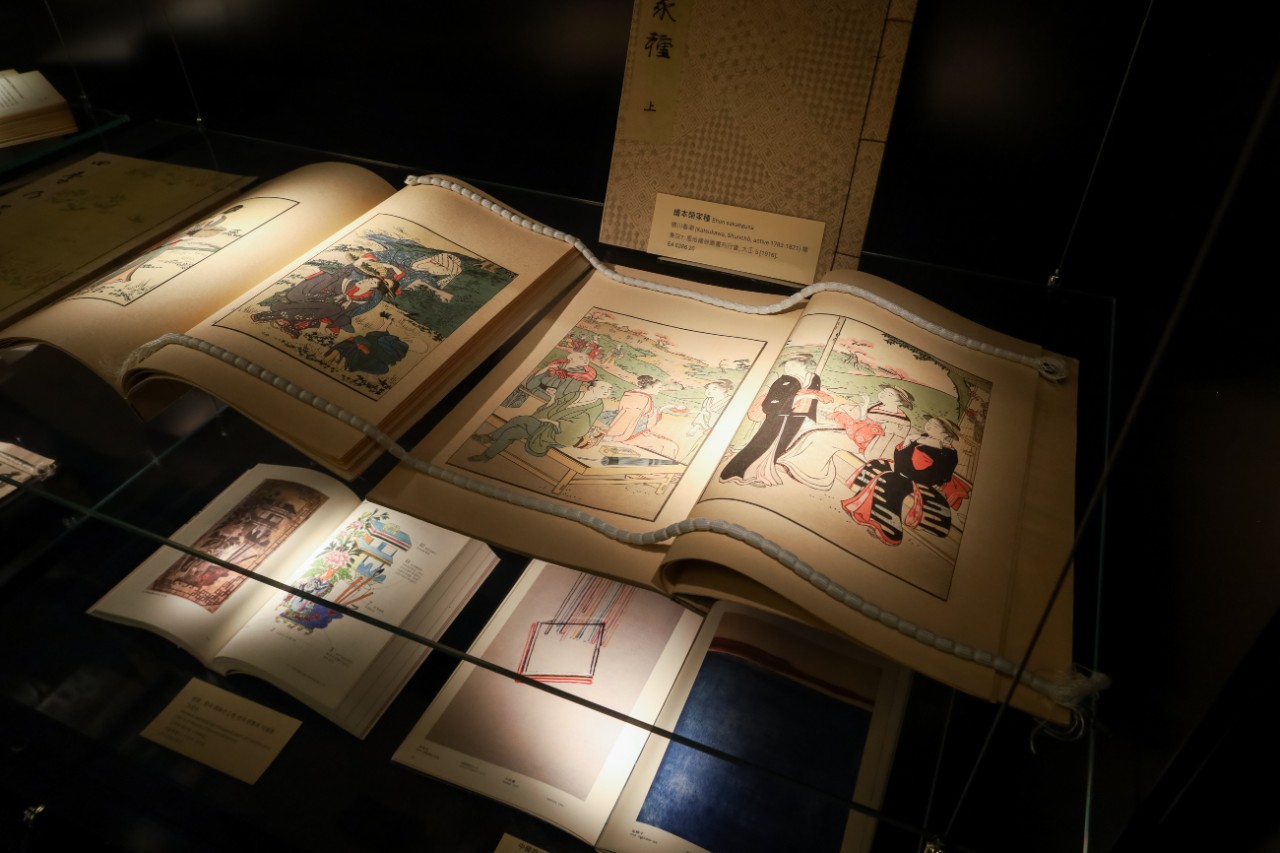

Carved Worlds Engraved Minds exhibition
圖鐫梨棗: 片木銘千年 Carved Worlds, Engraved in Minds: East Asian woodblock prints is an exploration of woodblock prints as distinctive folk cultural expressions. Drawn from the Library's East Asian Collection, this exhibition examines the wealth of folk culture through the lens of woodblock printing, a traditional art form cherished across East Asia.
Woodblock printing is an art form where images are carved in reverse, either in relief or intaglio, onto wooden blocks, which are then used to print onto paper.
Originating in China during the Tang Dynasty (618-907 CE), woodblock printing later spread to the Korean Peninsula (Late Silla, 668-935) and Japan (Nara Period, 710-794). The earliest printed works in these regions were primarily Buddhist scriptures intended to fulfil religious dissemination needs. However, as carving and printing techniques gradually became widespread among the populace, woodblock printing evolved into a distinctive folk art throughout East Asia.
Employing intricate techniques and processes including wood carving and colour overprinting, artists have conveyed a spectrum of narratives, from historical events to everyday life. Developed in a wide variety of art factions and local styles, woodblock prints serve as a window into the historical, cultural, political, and social dynamics across East Asia through different periods.
Showcasing a selection of prints from the Library's Rare Books and Special Collections, this exhibition invites viewers to appreciate the diverse styles and themes that have been preserved and communicated through this timeless art form.
This exhibition was curated by Isabella Rong Fu (who completed a Master of Museums and Heritage Studies professional placement at the Library) with Rare Books and Special Collections.
圖鐫梨棗: 片木銘千年 Carved Worlds, Engraved in Minds: East Asian woodblock prints
Fisher Library, level 1, Rare Books and Special Collections Reading Room
University of Sydney
Camperdown
On display from June 2024 - Thursday 19 June 2025
Related information
Related information
Contact
For enquiries about Rare Books and Special Collections, please contact cultural.collections@usyd.libanswers.com
Contact
For enquiries about Rare Books and Special Collections, please contact cultural.collections@usyd.libanswers.com
